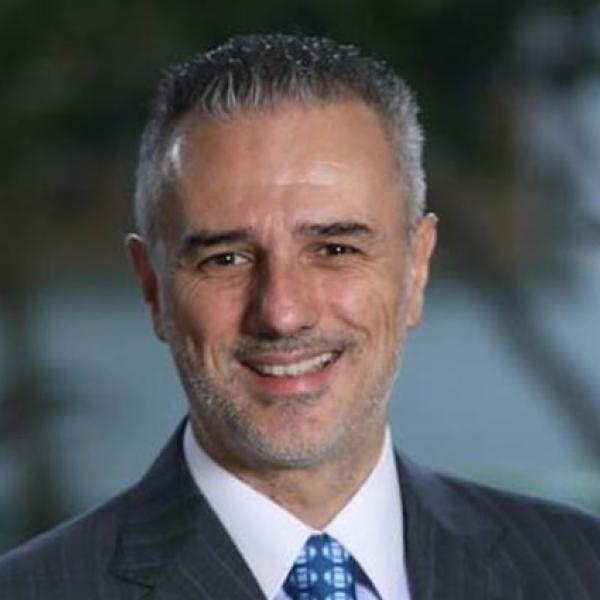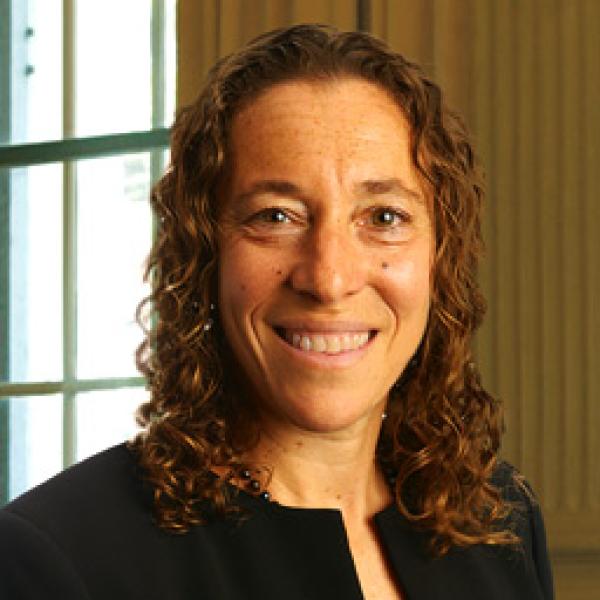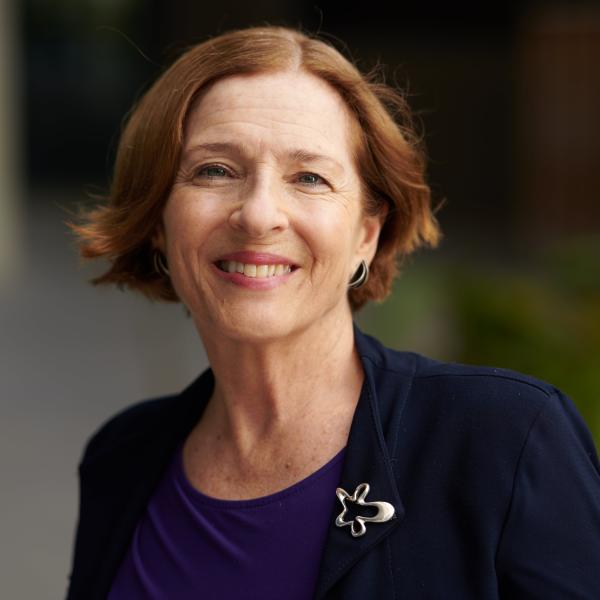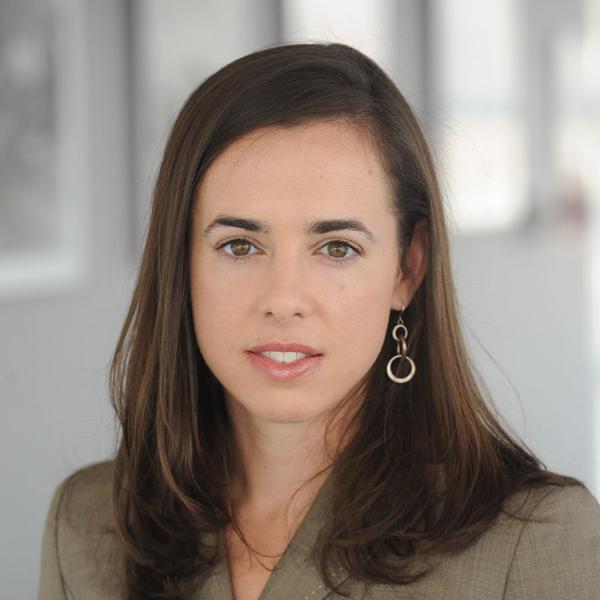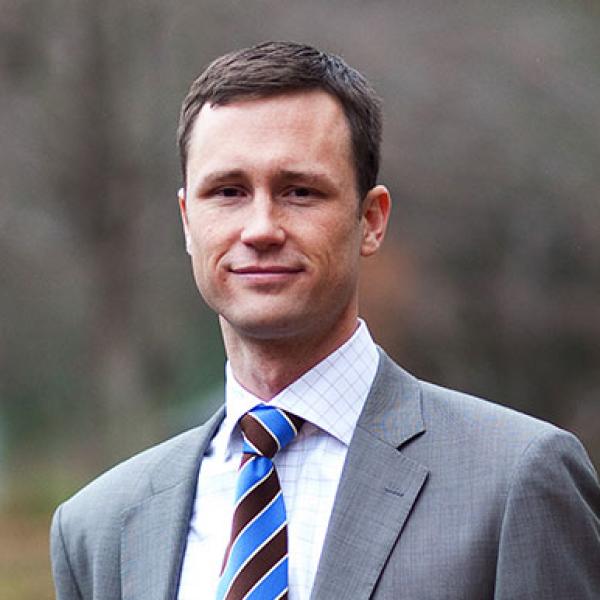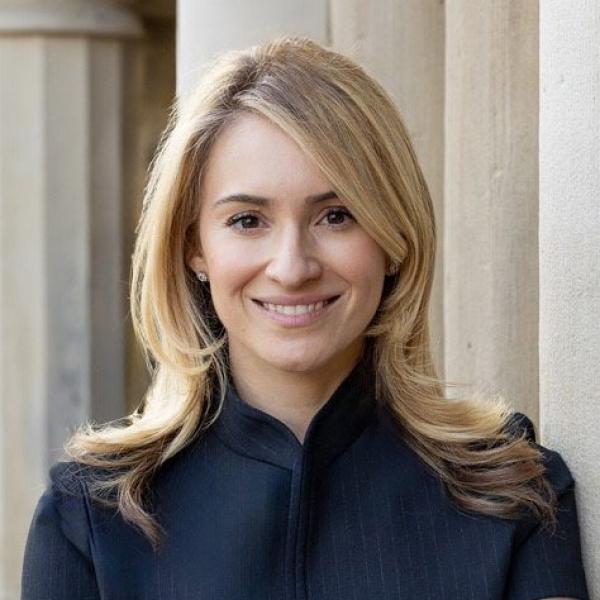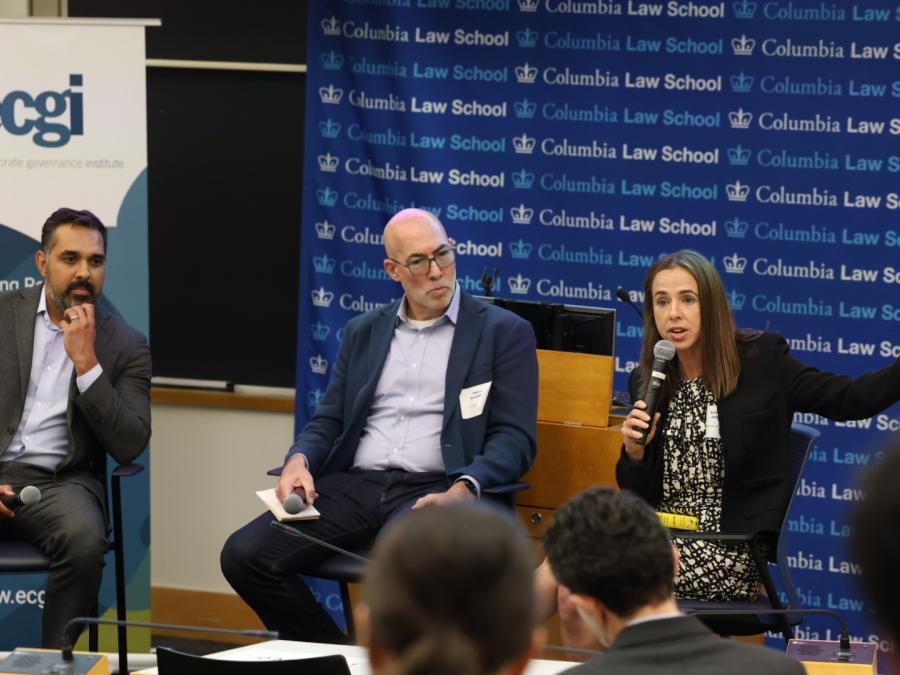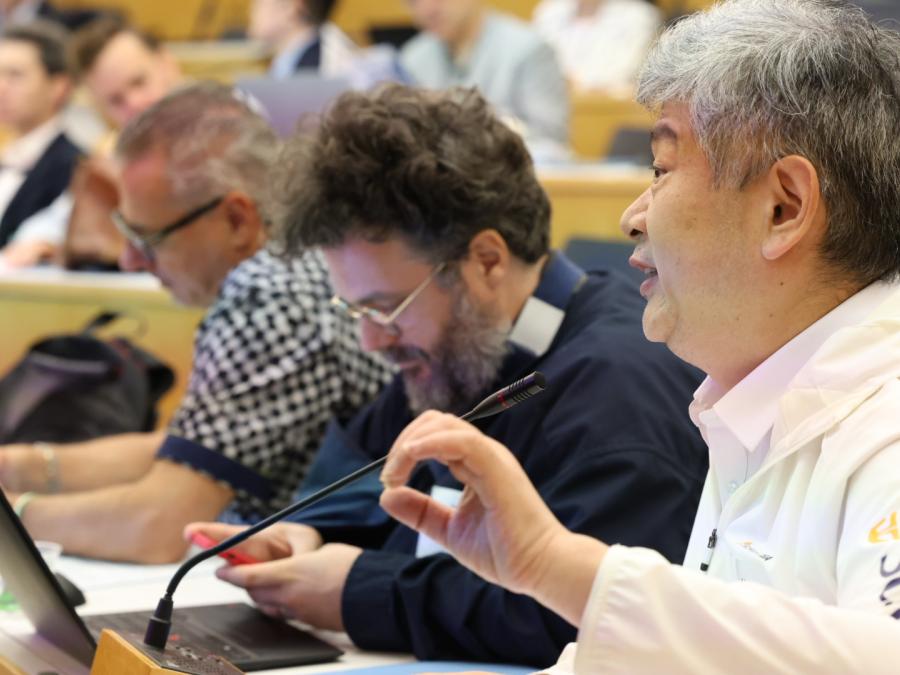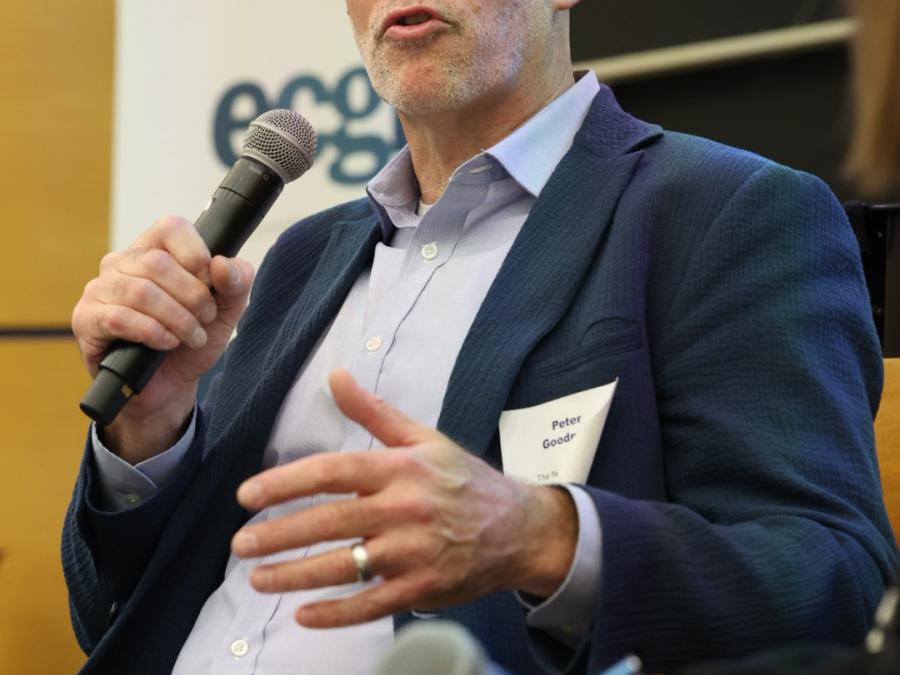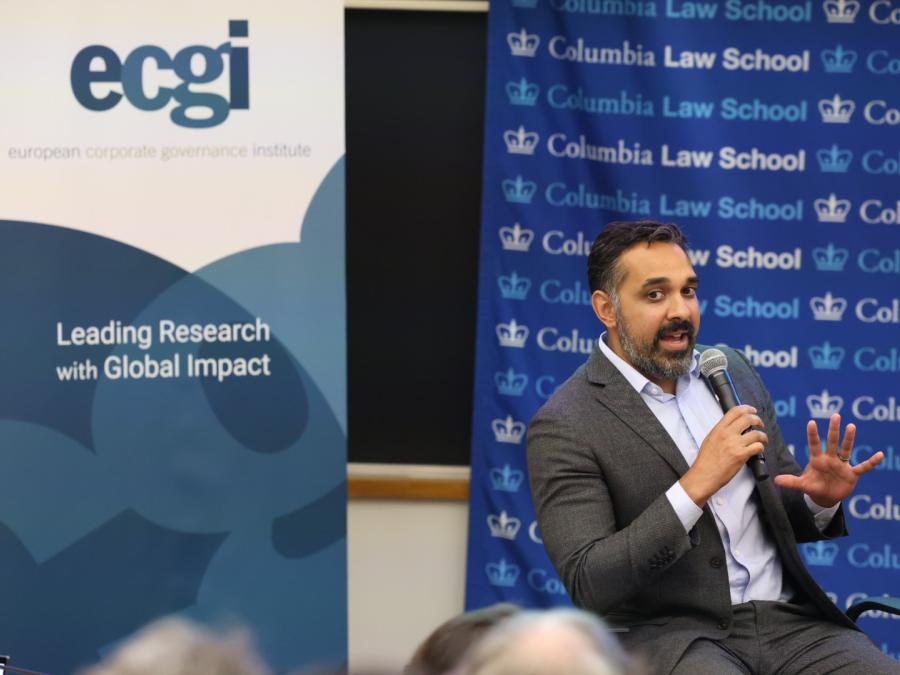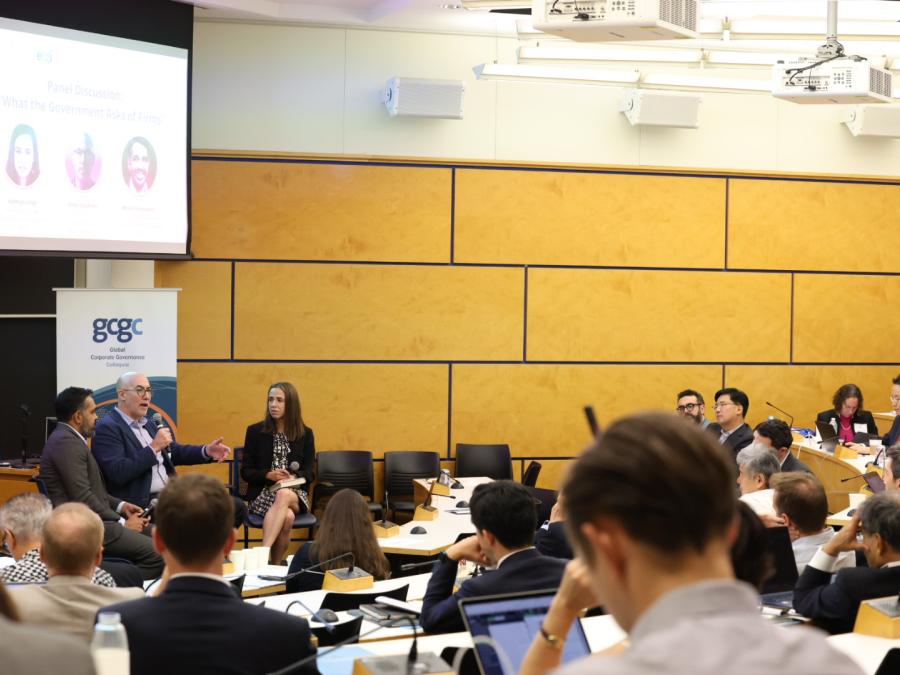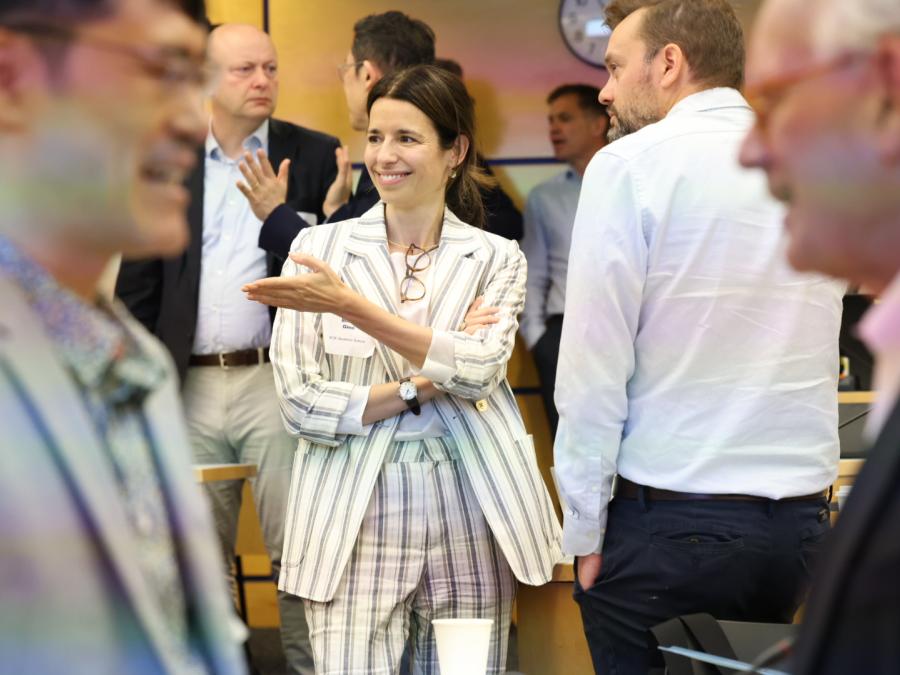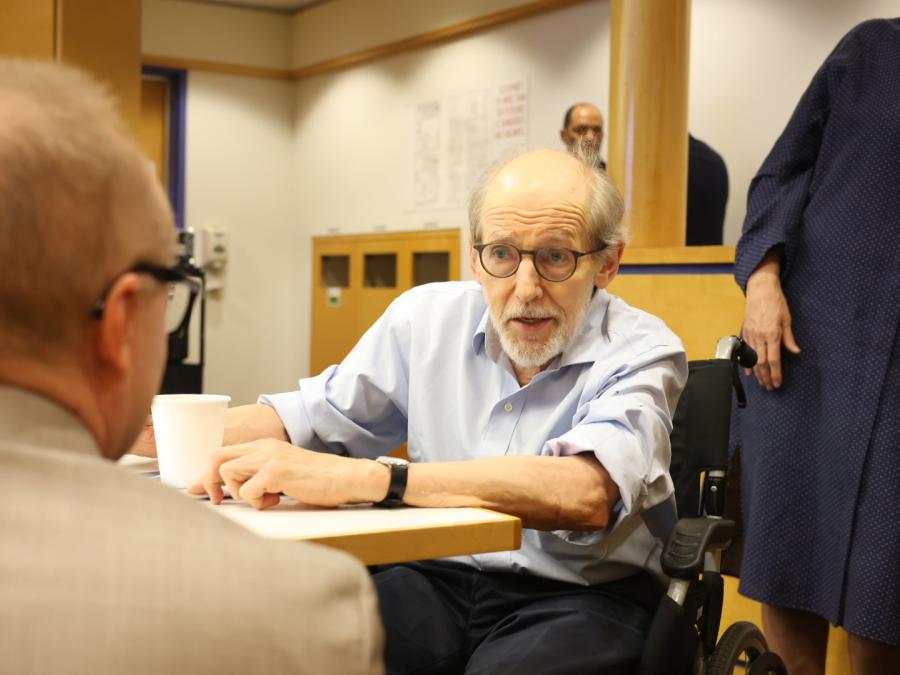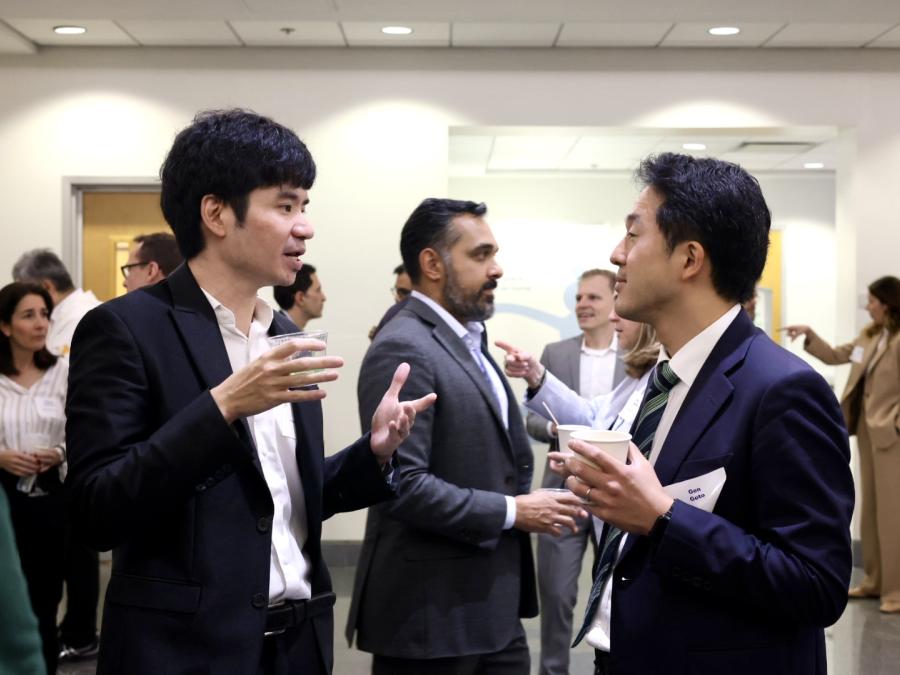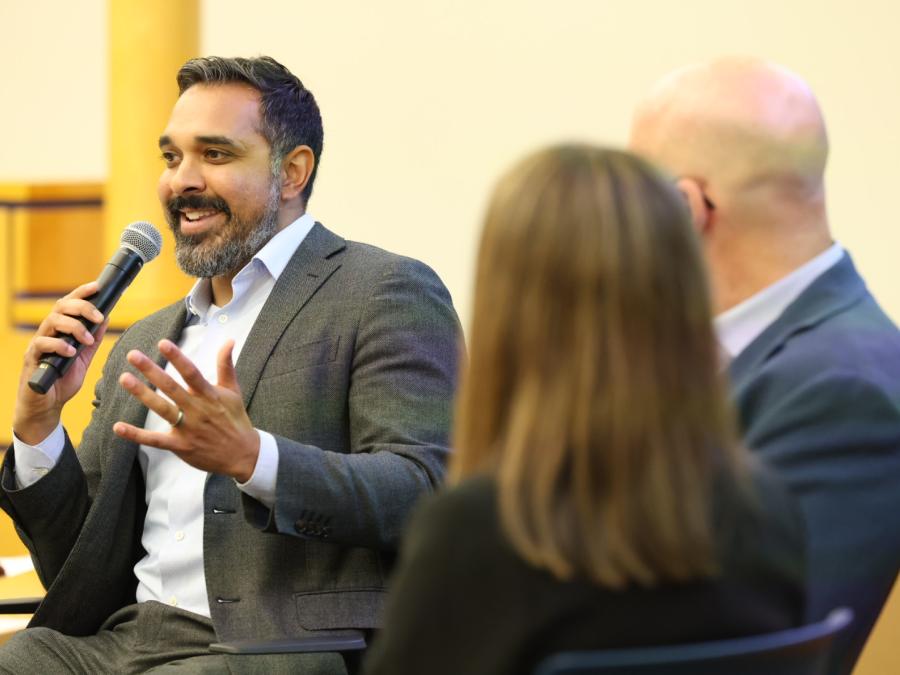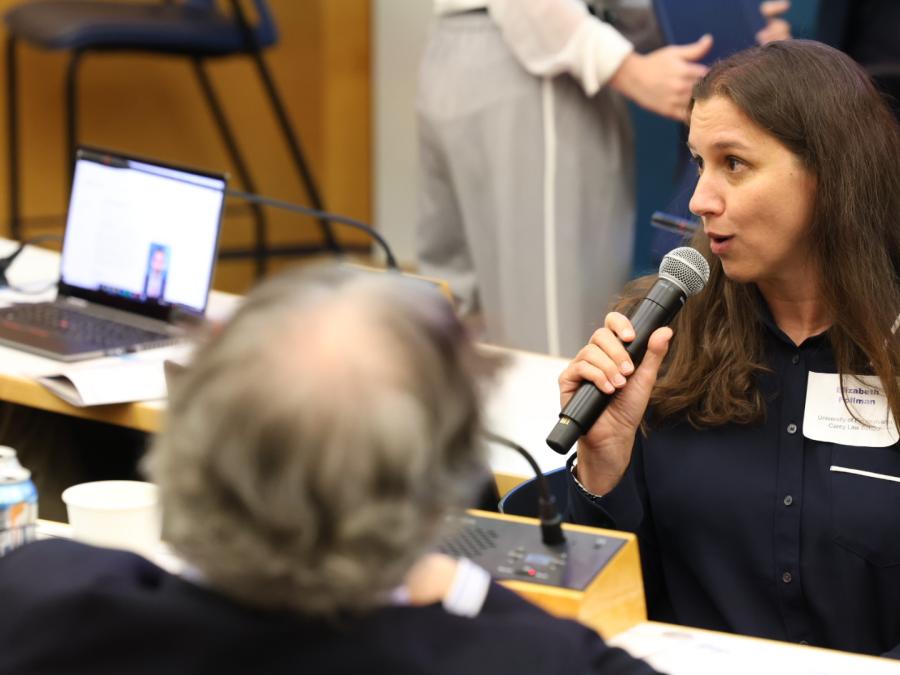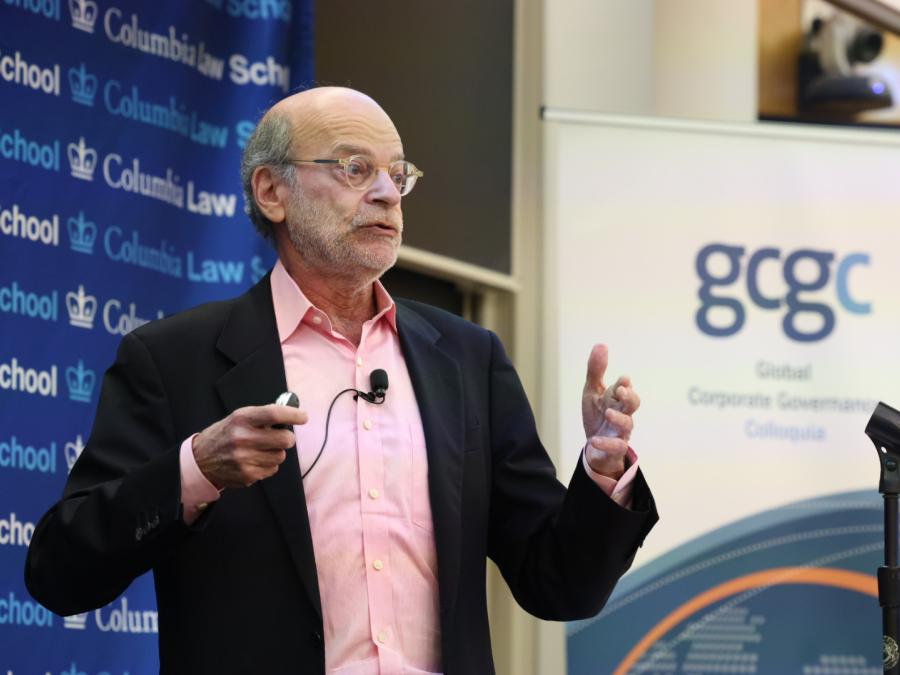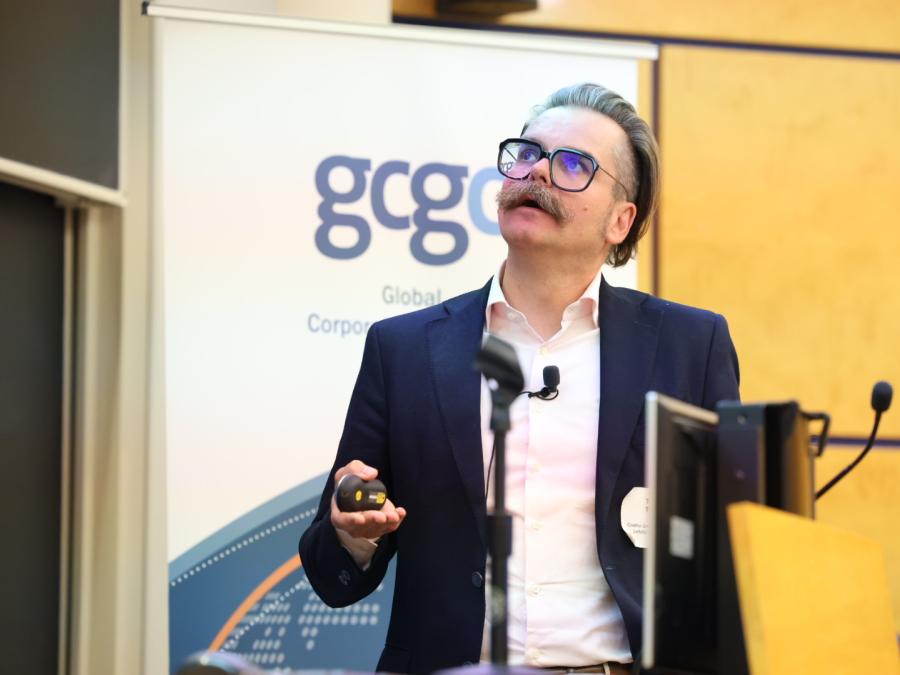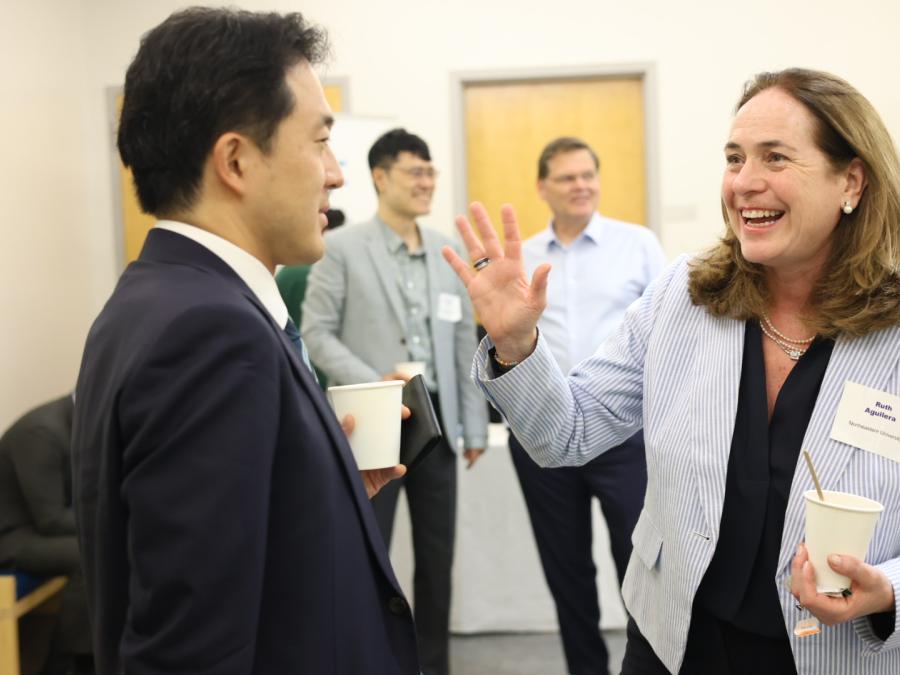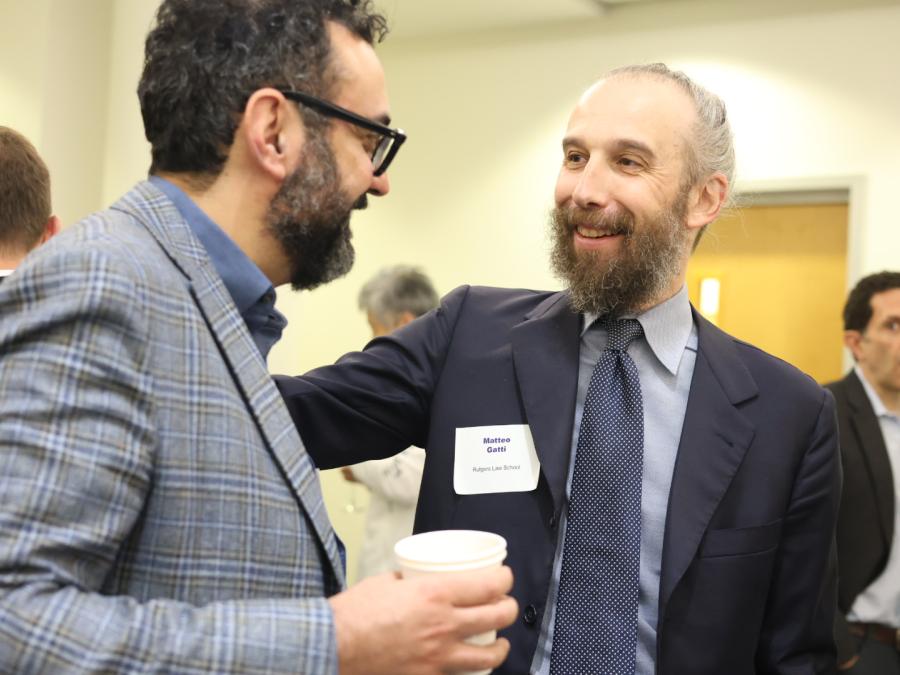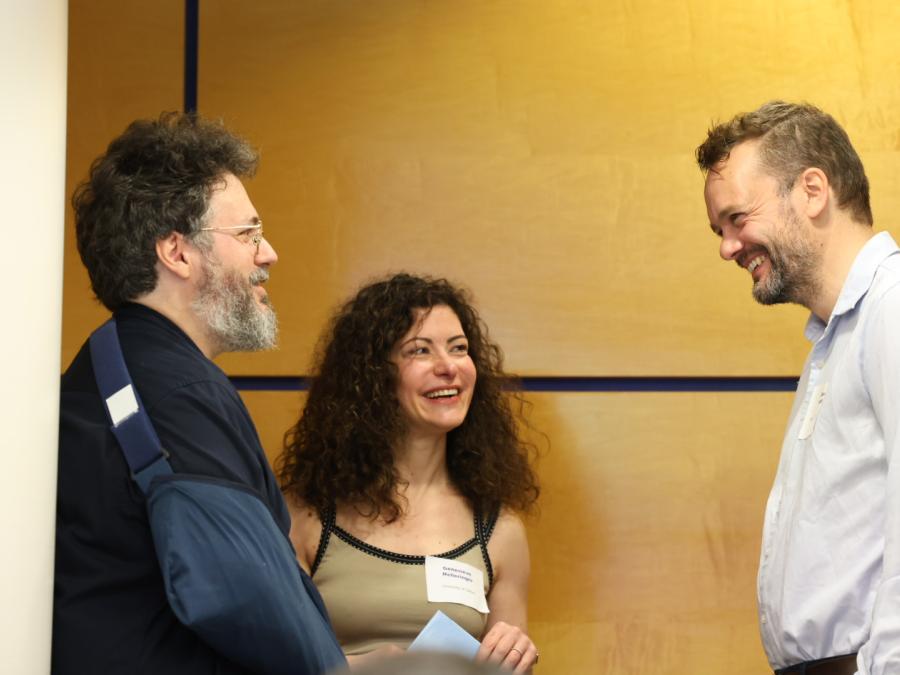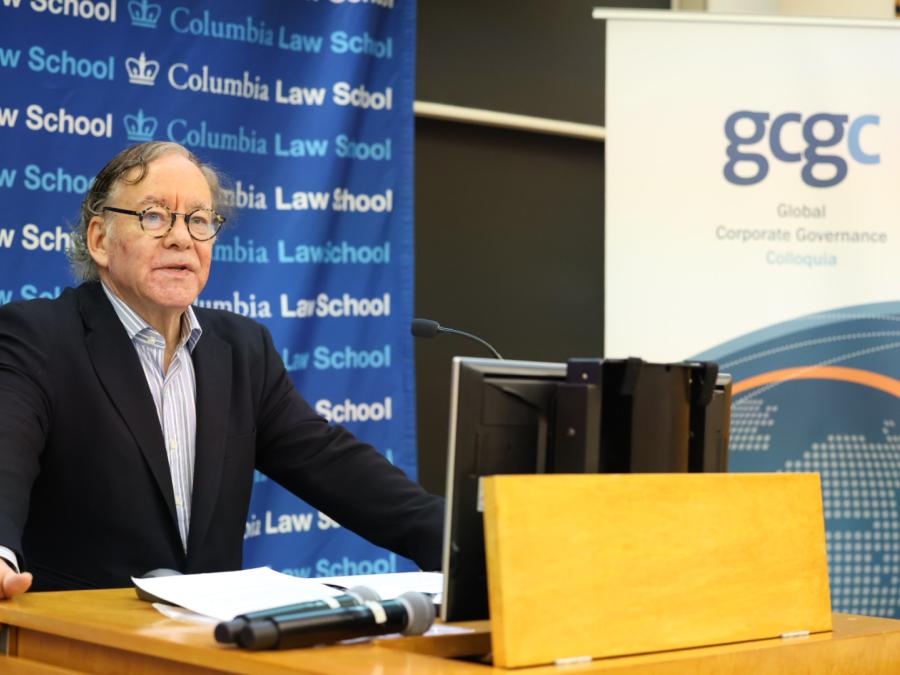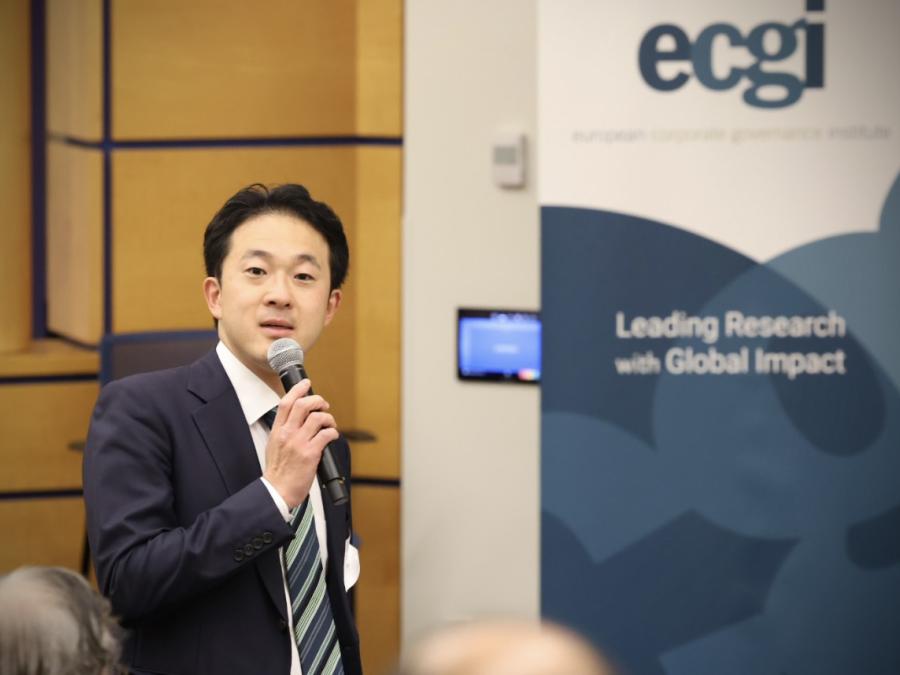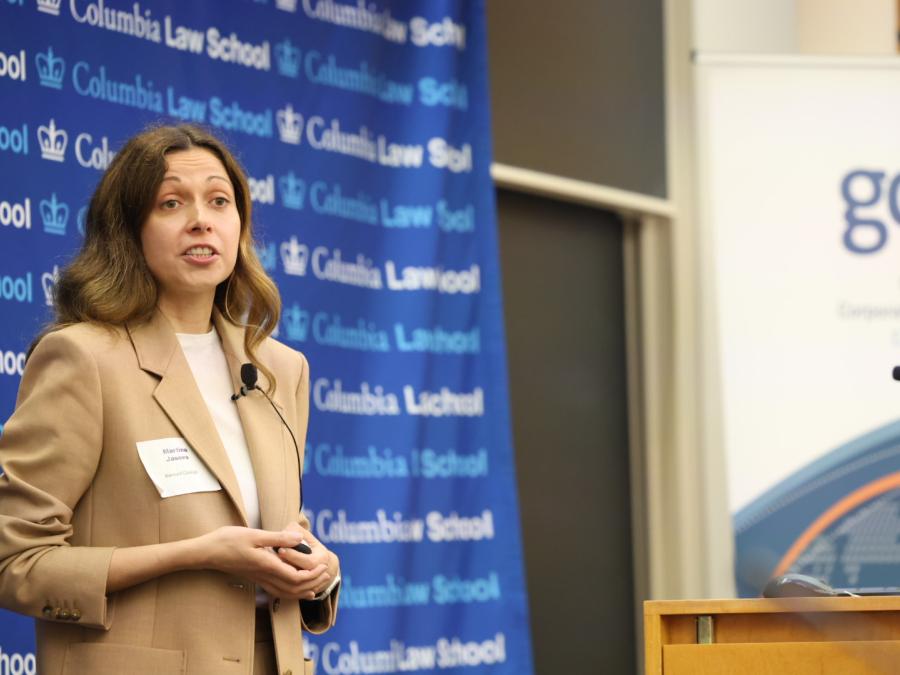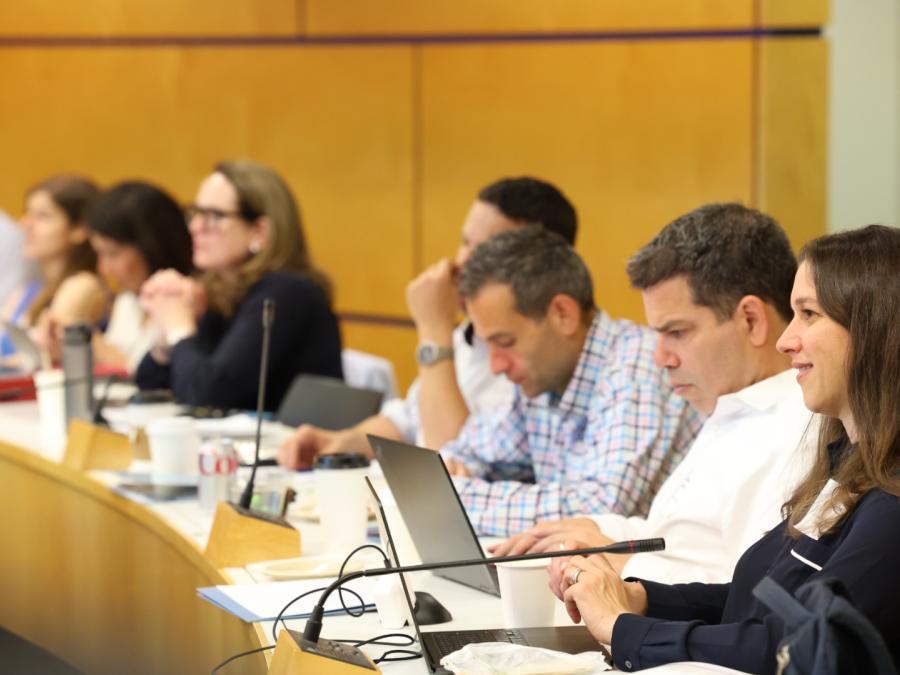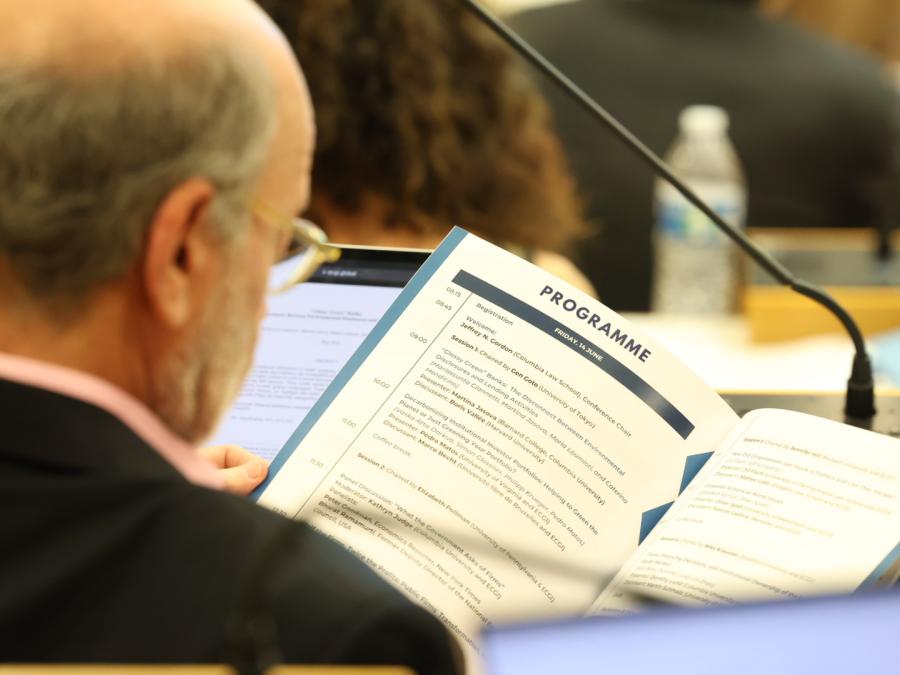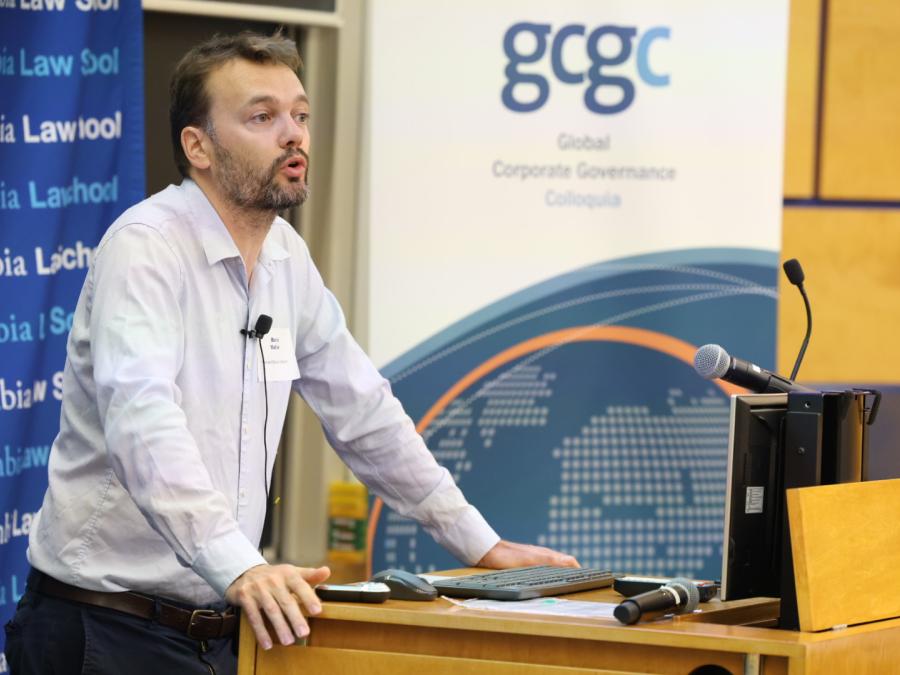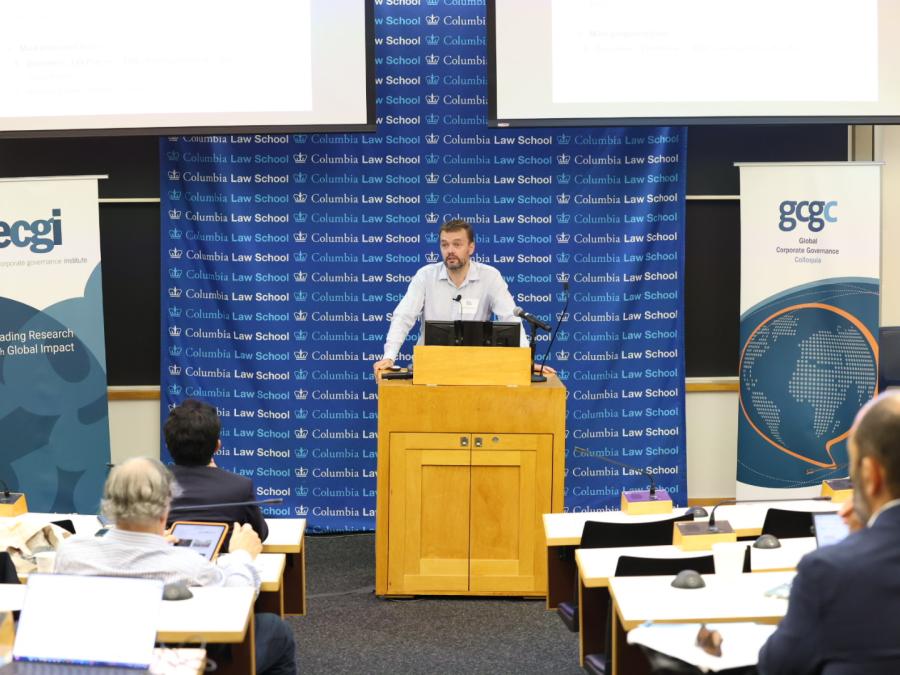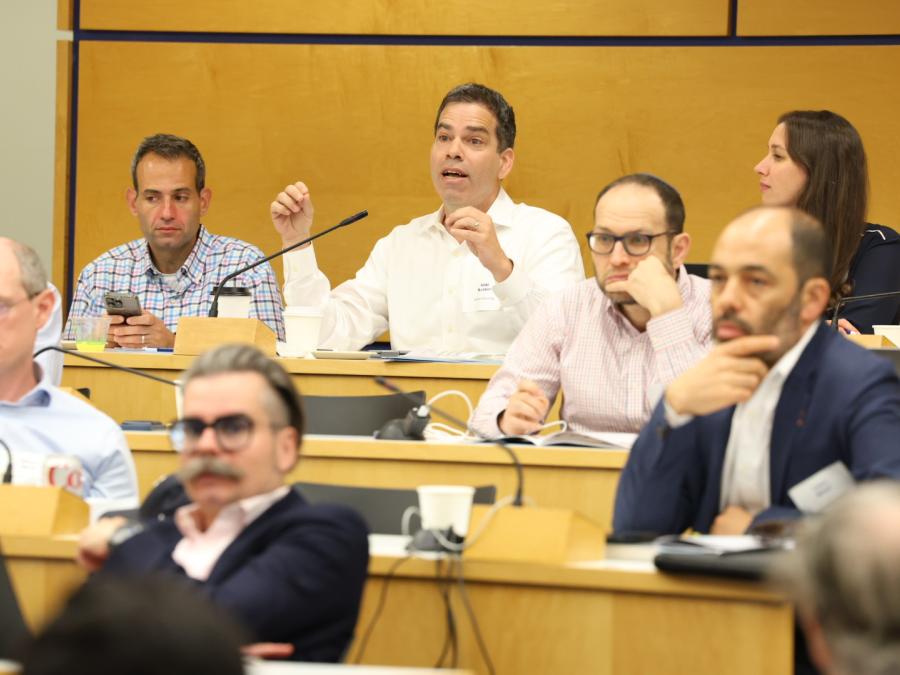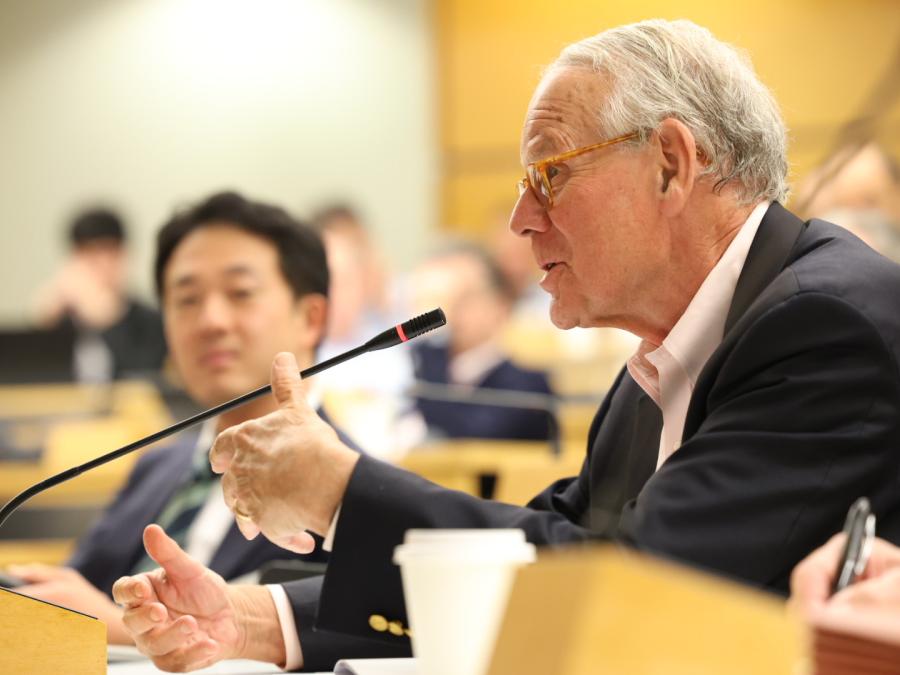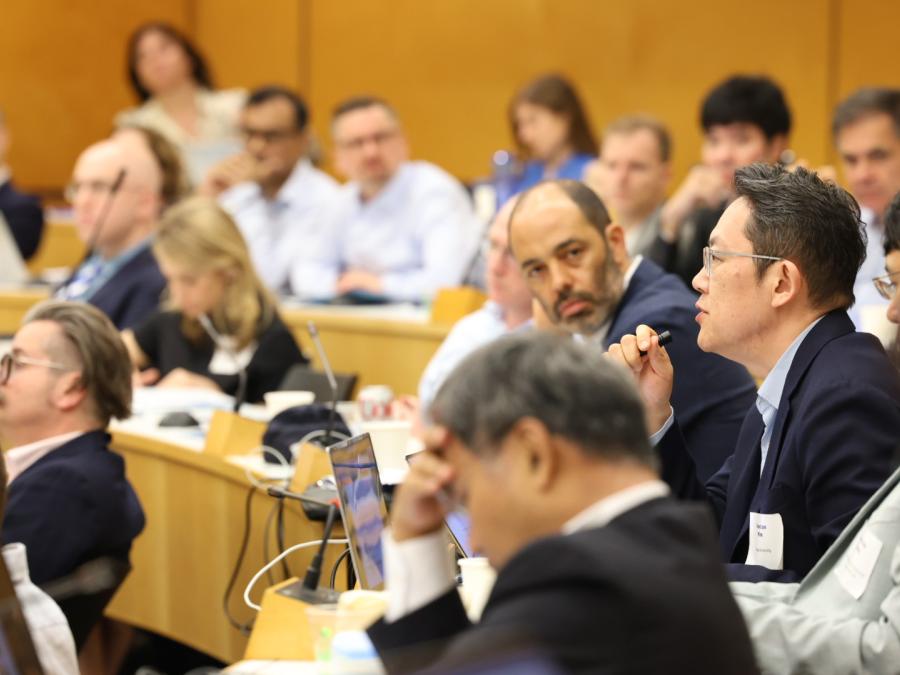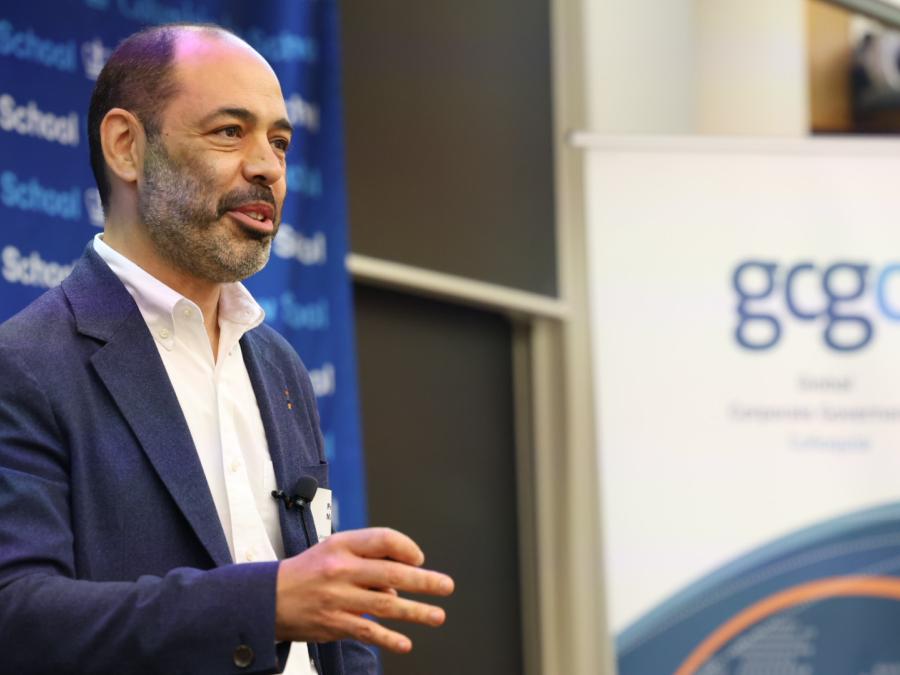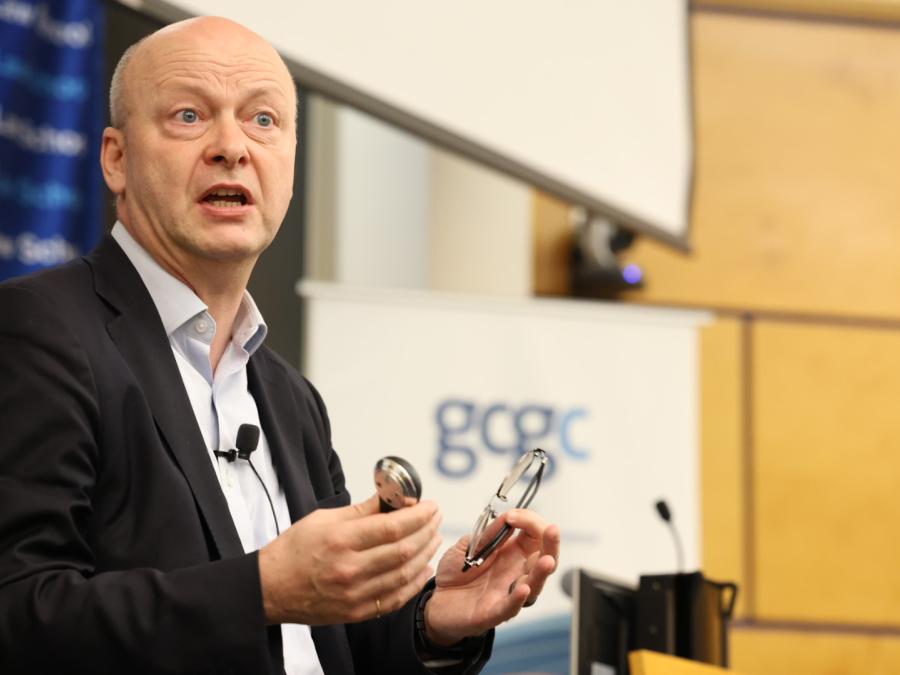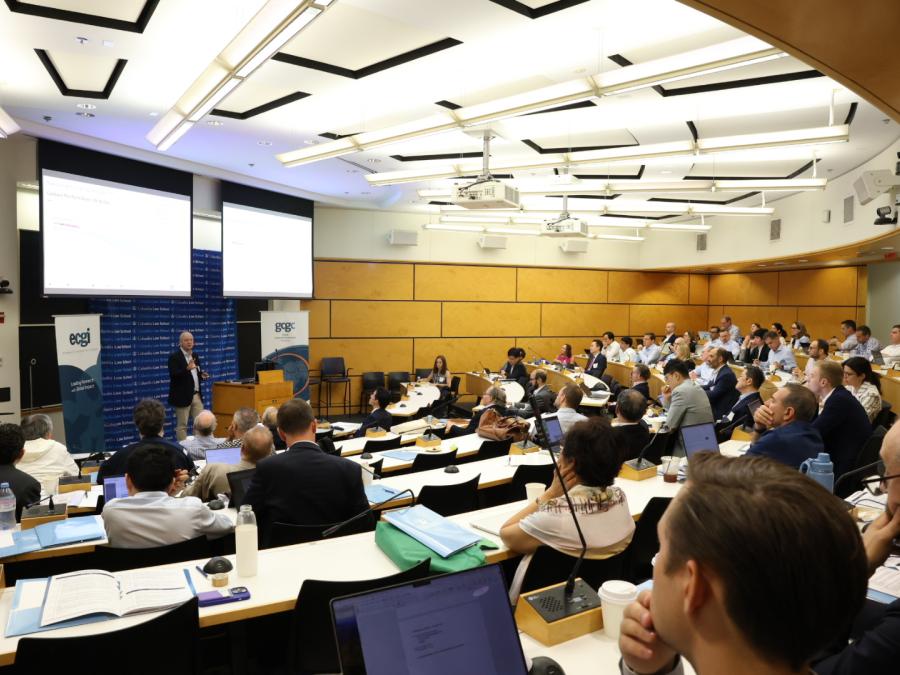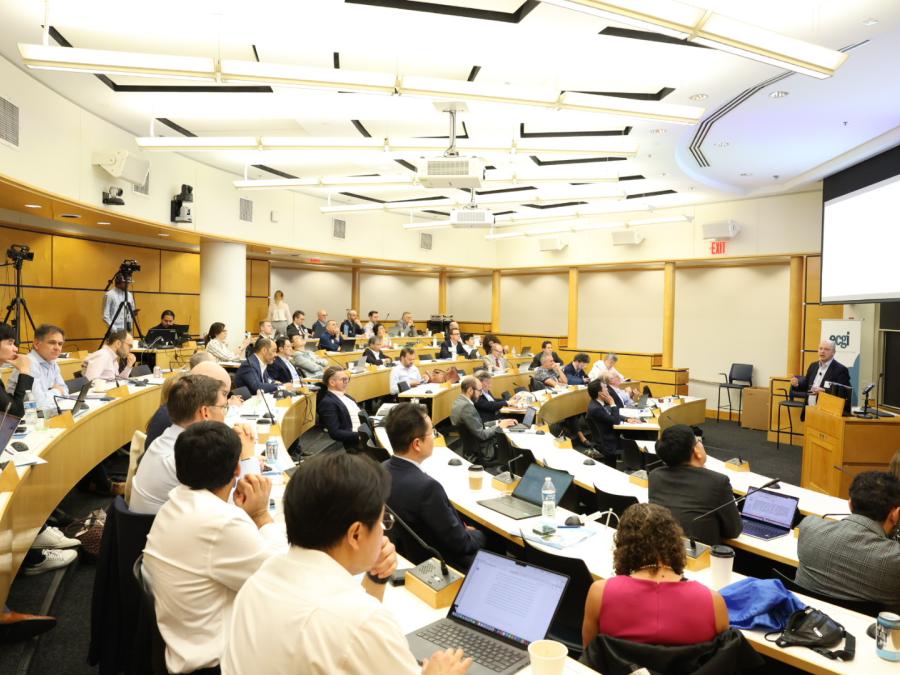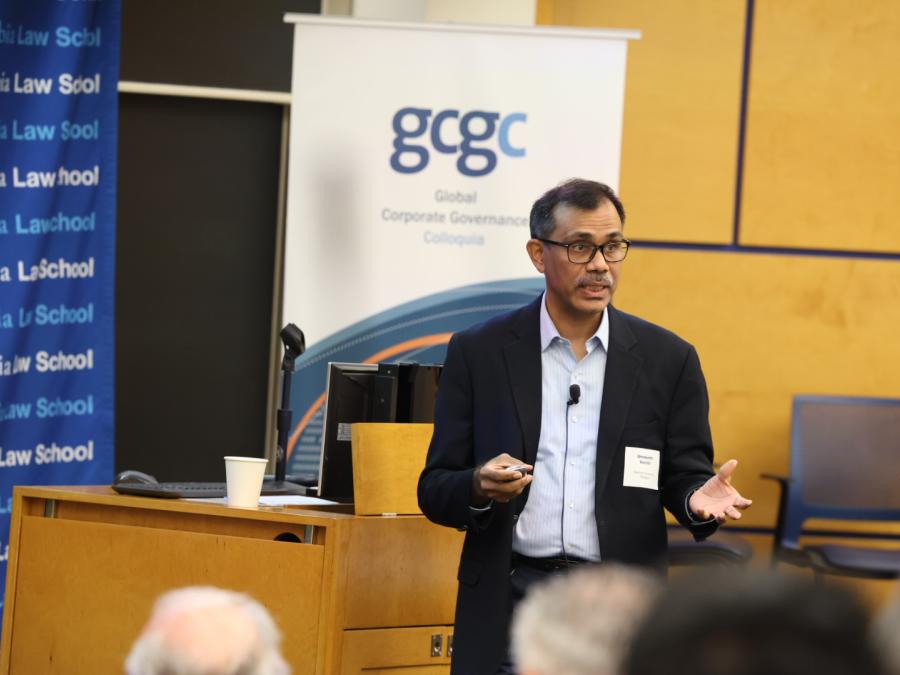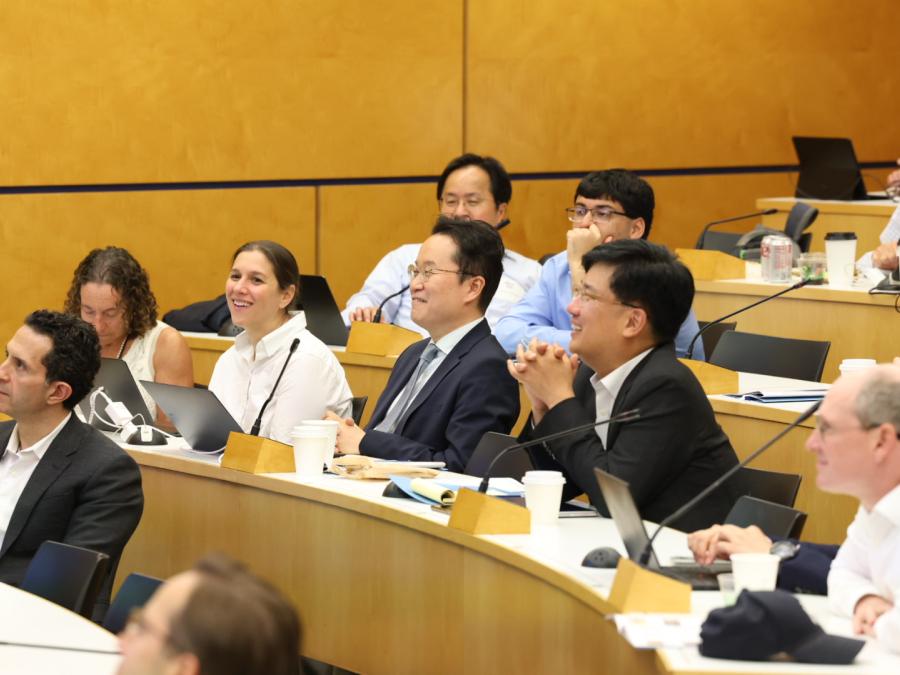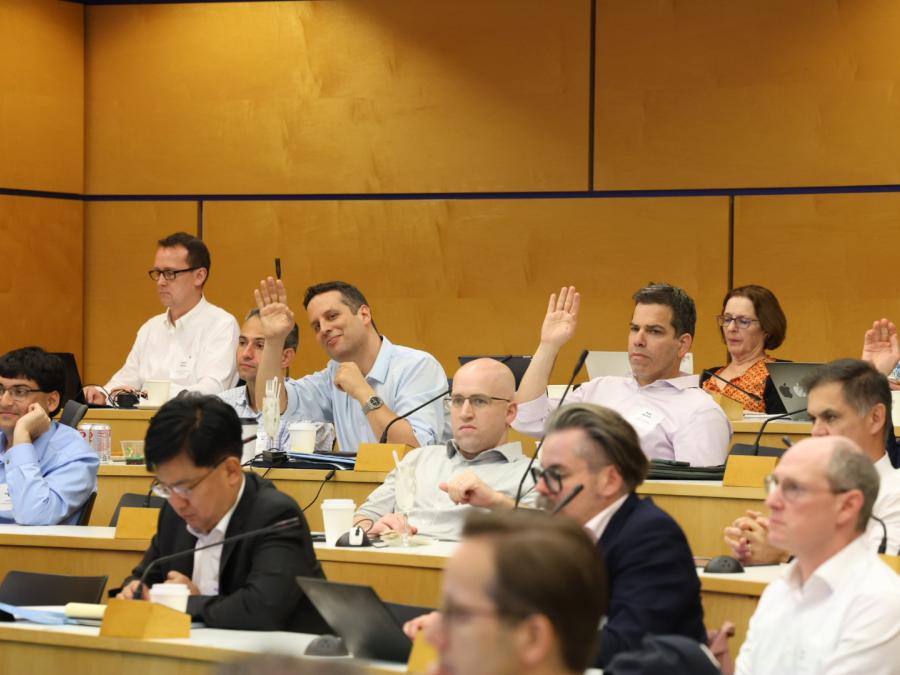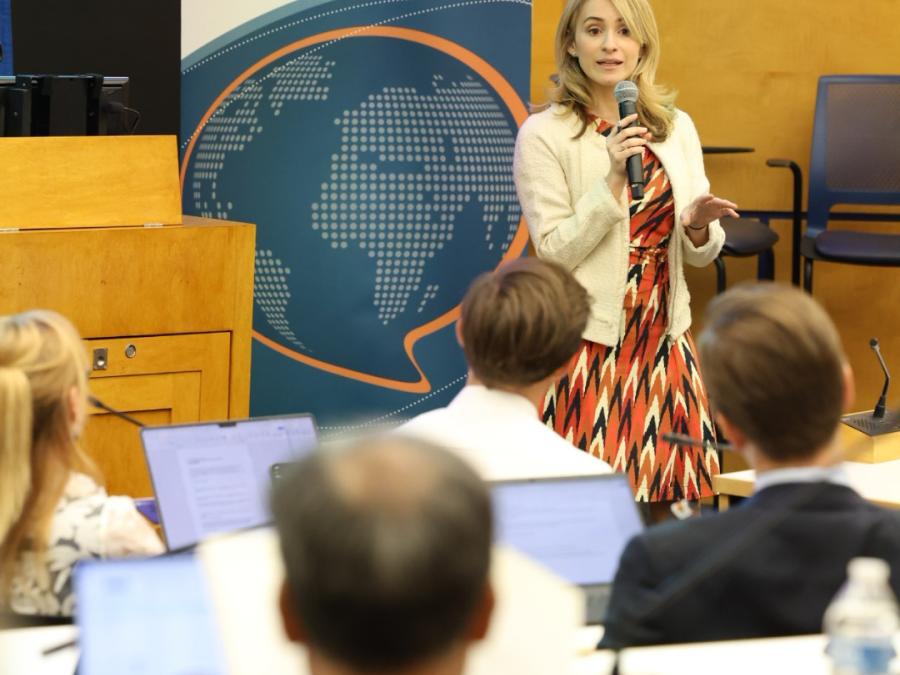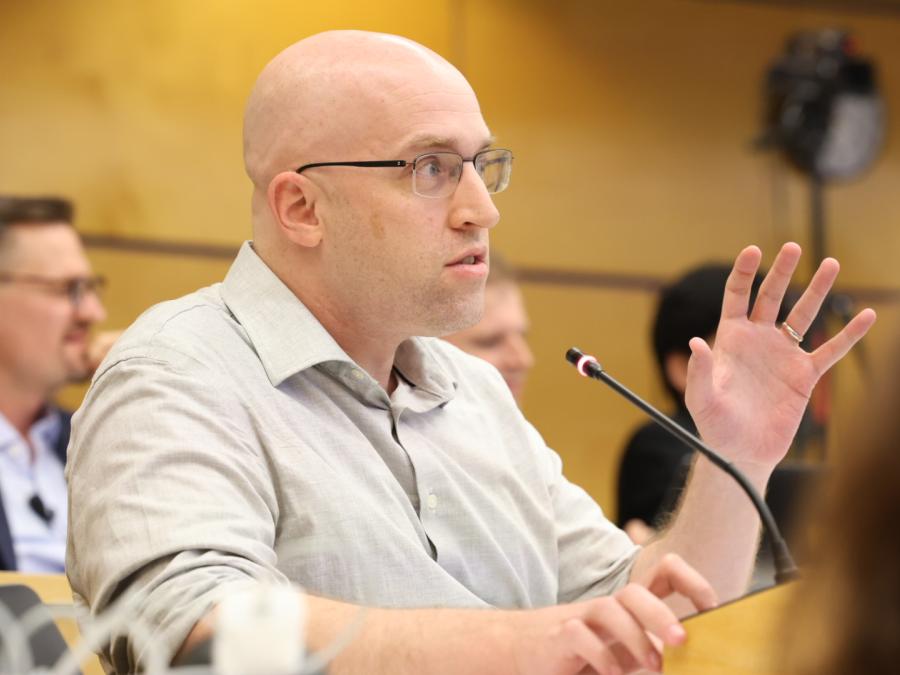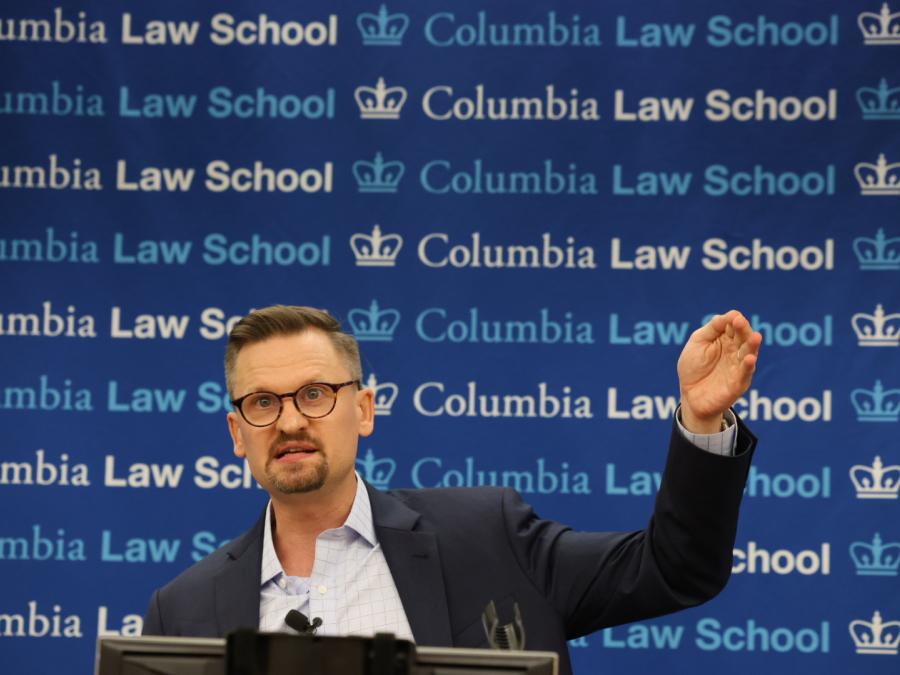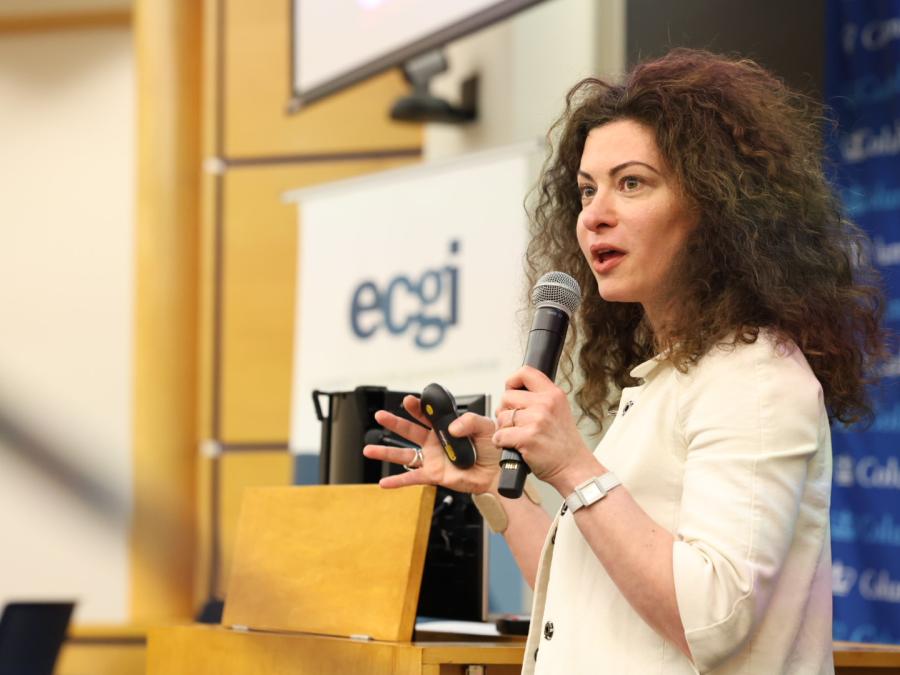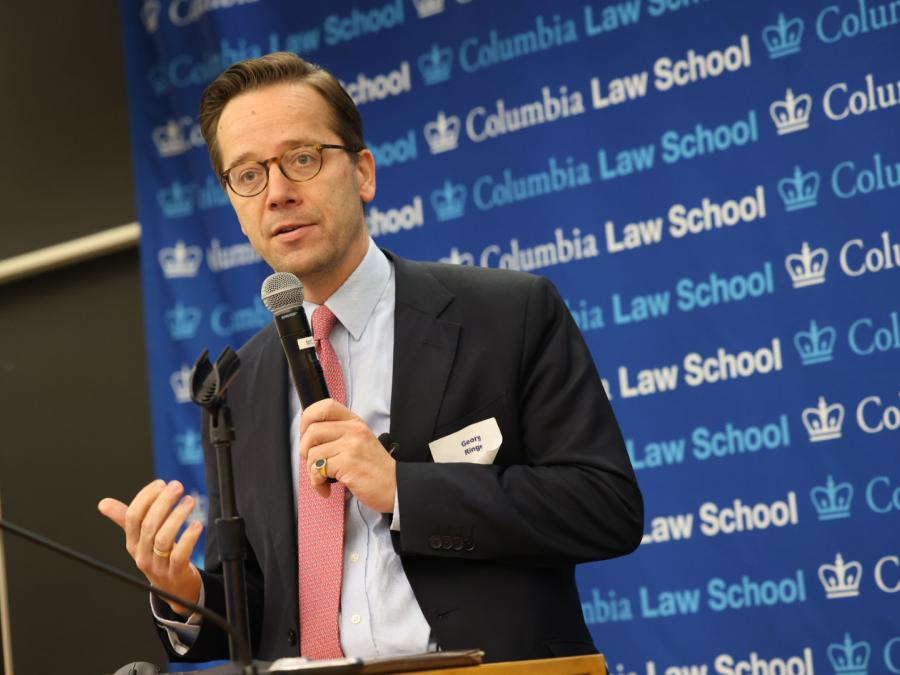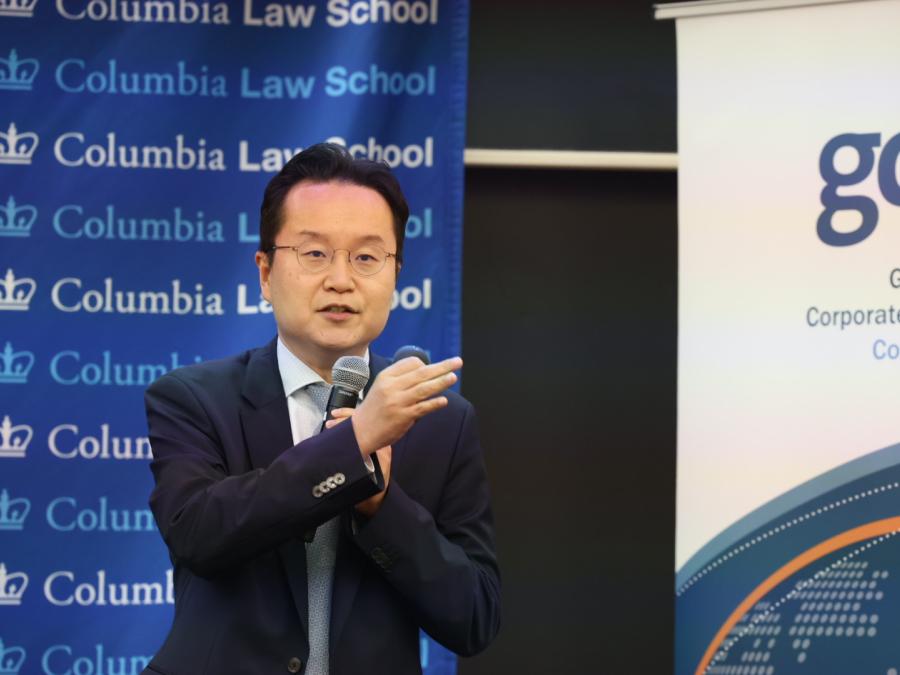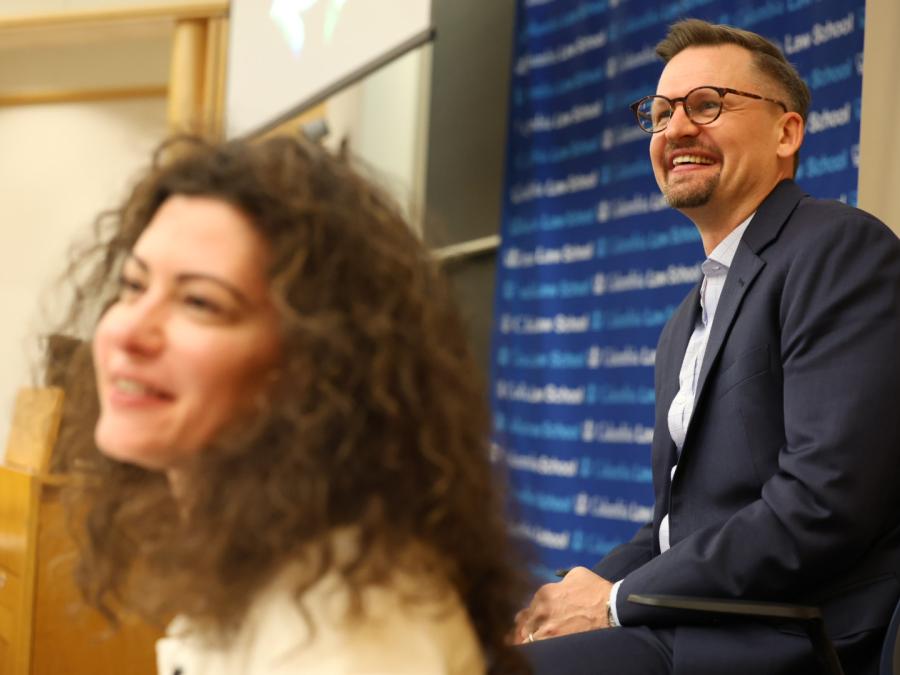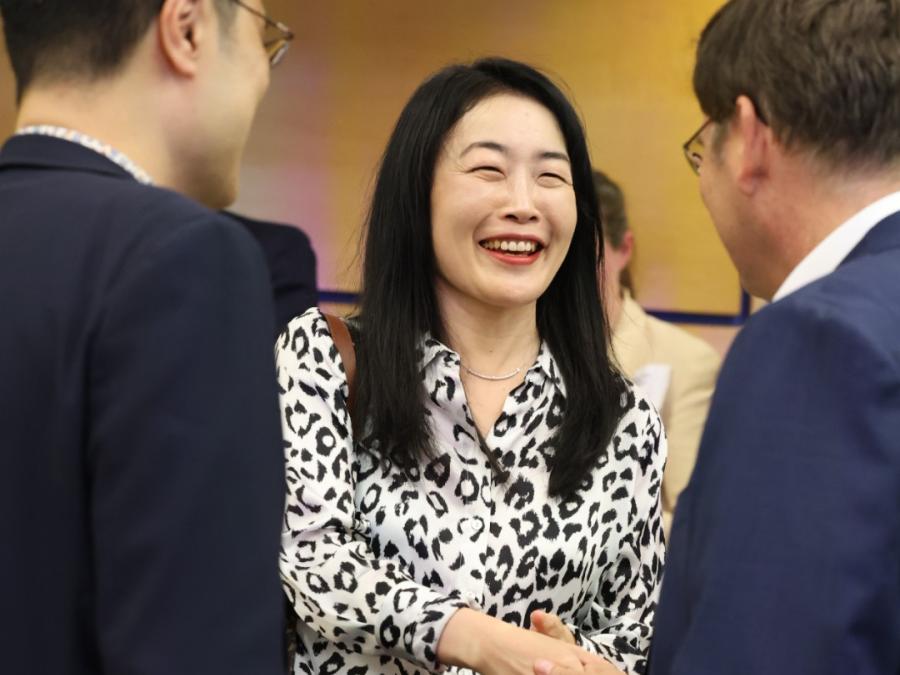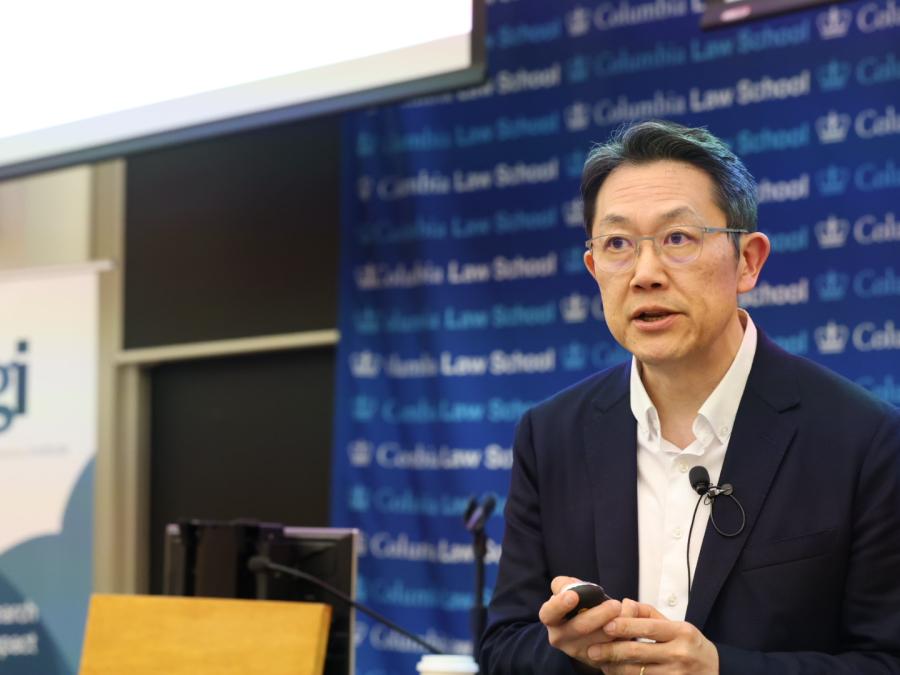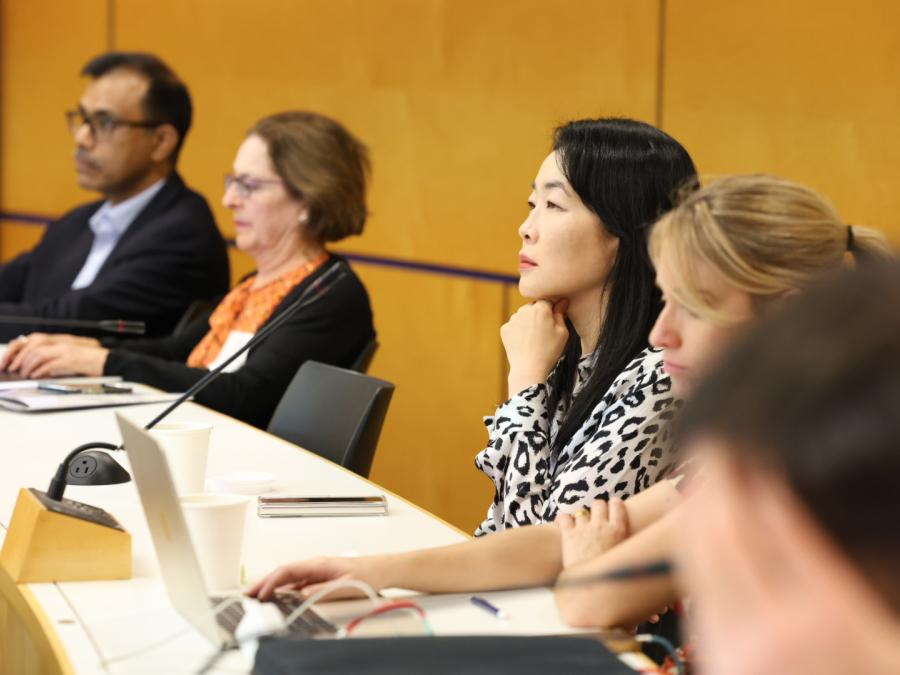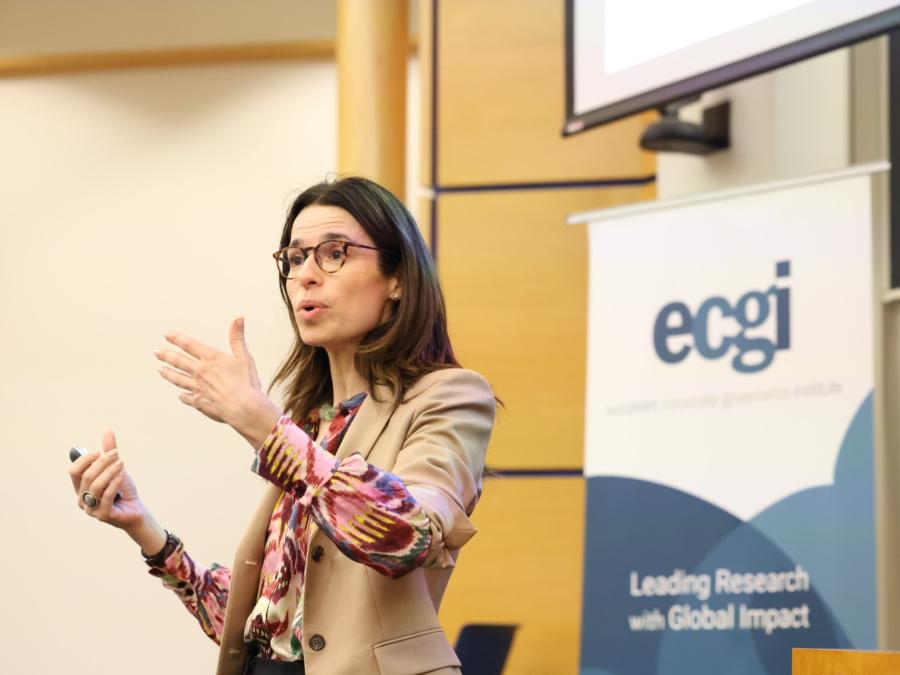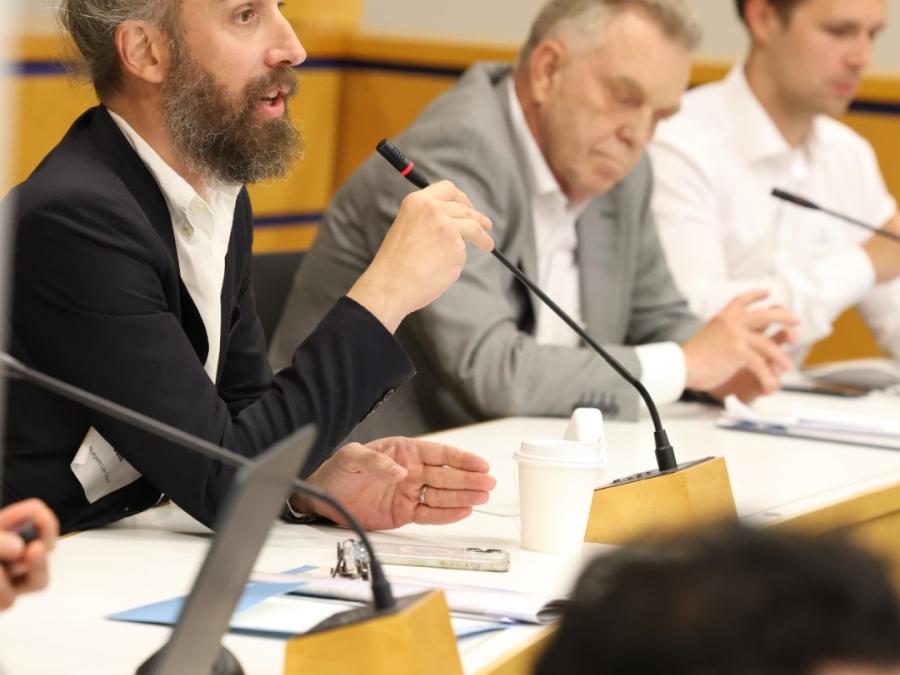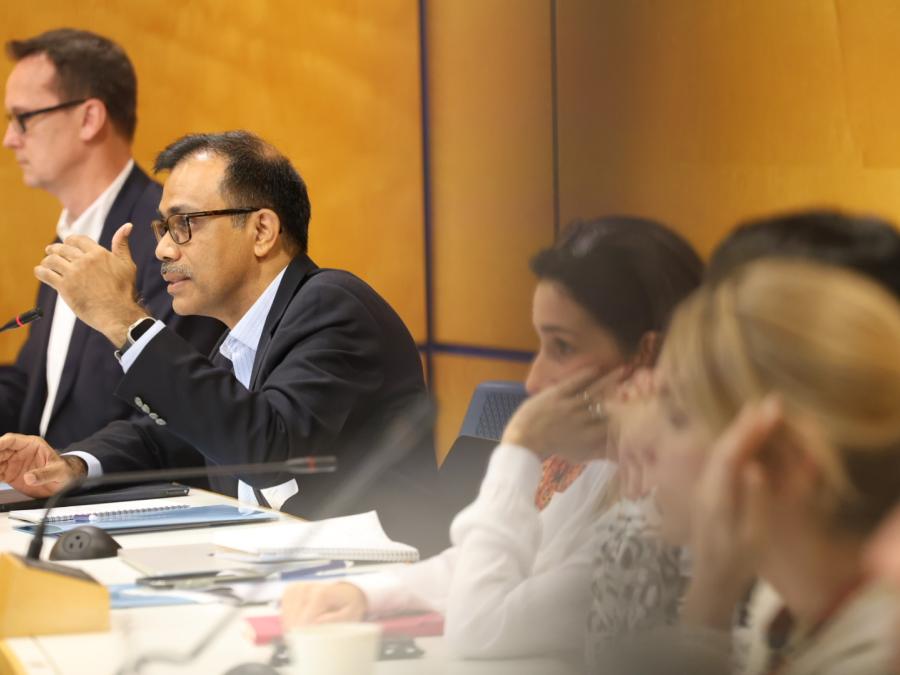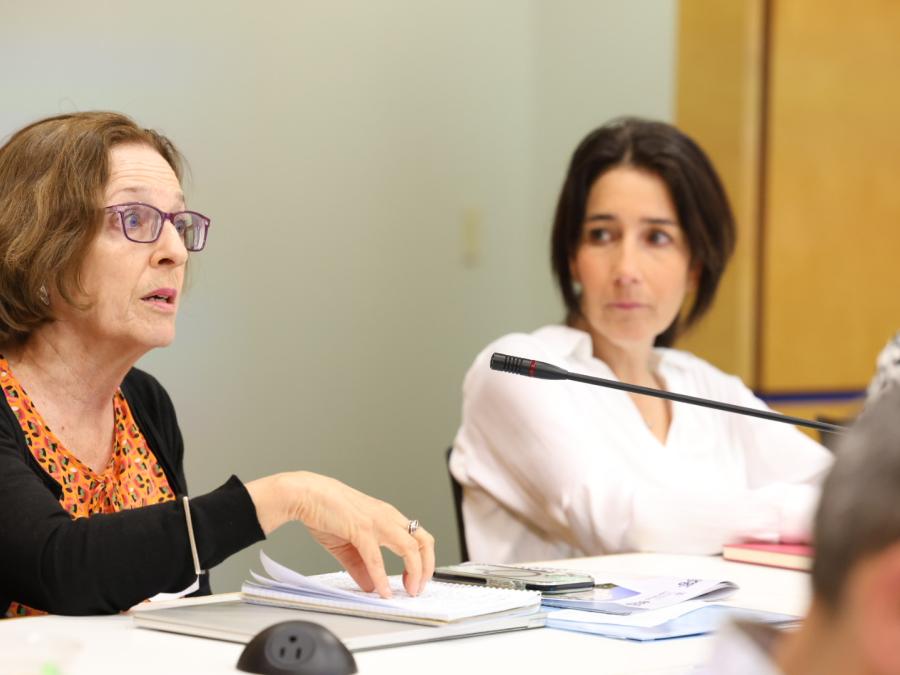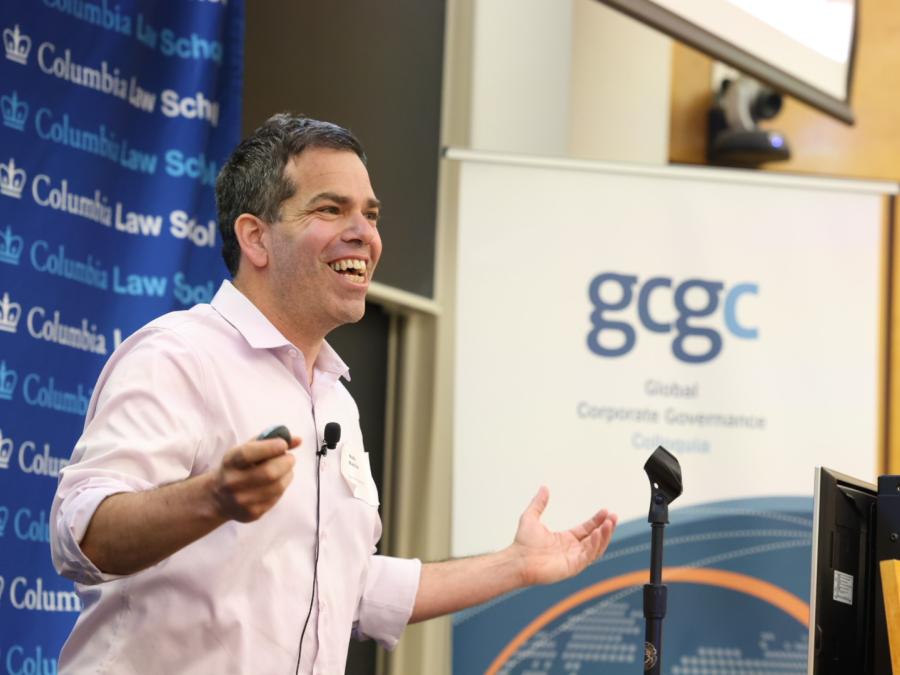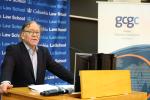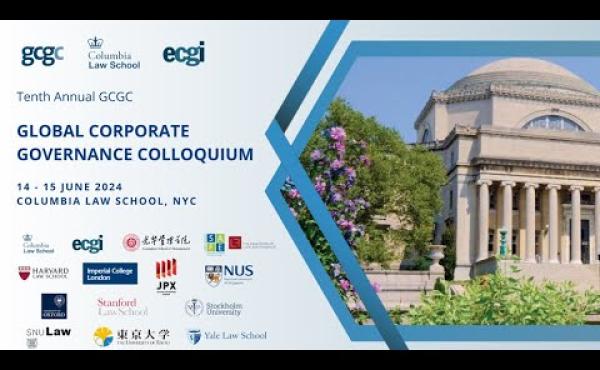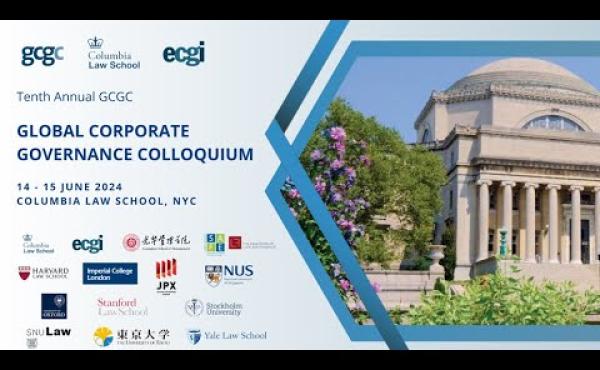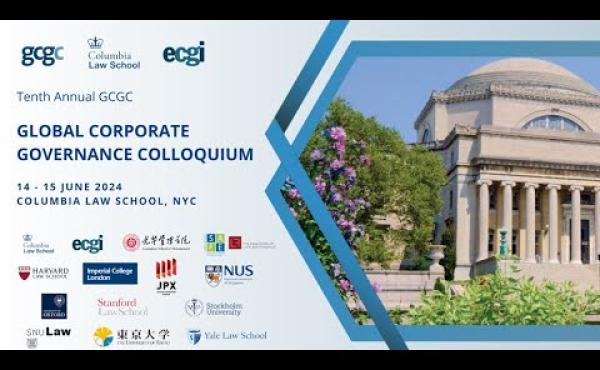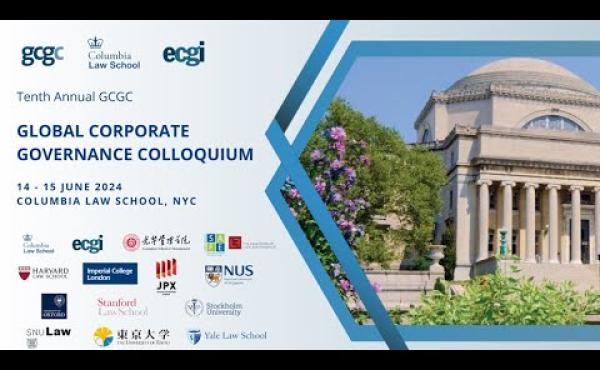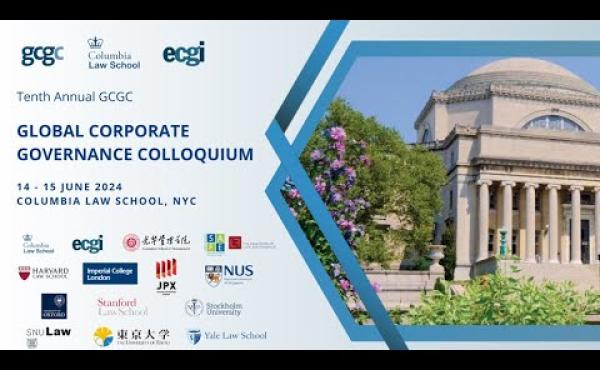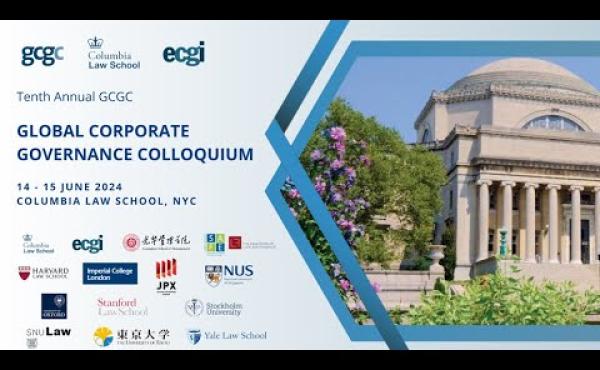
2024 Global Corporate Governance Colloquium
Click here to watch all the videos here
The tenth annual GCGC Conference was hosted by Columbia Law School on 14 -15 June 2024 in New York.
GCGC 2024, hosted by Columbia Law School, NYC, showcased innovative research tackling critical governance challenges, with themes that spanned corporate purpose, environmental responsibility, and the evolving role of stakeholders in corporate law, particularly in the Global South. A central theme emerging from the discussions was the movement toward a broader, stakeholder-inclusive view of corporate governance—a trend mirrored across diverse legal and financial landscapes.
One of the most novel contributions came from Mariana Pargendler’s paper on “Corporate Law in the Global South: Heterodox Stakeholderism,” which argued that countries in the Global South are pioneering alternative approaches to stakeholder governance. Unlike the shareholder-centric models prevalent in the Global North, these jurisdictions, including Brazil and South Africa, are implementing legal reforms that emphasize social welfare and accountability to a wider range of stakeholders. The paper highlighted how these legal systems are creating a “reverse convergence,” as Northern jurisdictions increasingly recognize the need for similar stakeholder considerations.
On the environmental front, Pedro Matos presented findings from his co-authored study, “Decarbonizing Institutional Investor Portfolios,” that raise questions about the efficacy of investor-led climate initiatives. The research showed that while climate-conscious investors often decarbonize their portfolios by divesting from high-emission firms, this strategy, termed “portfolio greening,” does not directly reduce emissions. Instead, these divested shares are frequently picked up by investors with less environmental focus, limiting the impact of such efforts on overall emissions. This finding supports the need for regulatory interventions to complement voluntary investor-led initiatives in combating climate change.
Other papers addressed the implications of governance structures and responsibilities. Yaron Nili and Roy Shapira’s study on “Specialist Directors” examined the increasing appointment of board members with specific expertise, such as cybersecurity or climate risk, and the potential impact on board dynamics. While these appointments may bring valuable knowledge to corporate governance, they also risk authority bias and “board washing,” where the mere presence of experts may not necessarily translate to effective change.
The conference offered new insights into corporate activism and the political entanglement of firms, particularly in Jill Fisch and Jeff Schwartz’s paper, “How Did Corporations Get Stuck in Politics and Can They Escape?” The study argued that corporations face growing pressure to take public stances on social issues, often resulting in unpredictable backlash and reputational risks, sometimes finding themselves “caught” in a feedback loop where stakeholders’ demands for political engagement conflict with core business interests. The misalignment between corporate interests and social objectives is challenging for businesses to navigate.
Elisabeth Kempf and Oliver Spalt’s paper analyzed how various corporate actions are perceived as moral issues by the public. Their findings showed that traditional corporate decisions, such as layoffs and CEO pay, are often viewed as moral concerns, sometimes even more critically than certain ESG policies.
Other themes included the rise of private equity and continuation funds; specialized board composition; the mandatory bid rule; the evolution of public markets; and family firm succession. The array of topics highlighted the conference’s focus on governance as a dynamic field, continuously influenced by global shifts, public expectations, and evolving regulatory environments.
Note: This was an invitation-only event
Programme
Registration
Welcome
Speaker(s)
Session 1 | Chaired by
Moderator
Coffee break
Session 2 | Chaired by
Moderator
Panel Discussion : “What the Government Asks of Firms”
Moderator
Panelist(s)
Half the Firms, Twice the Profits: Public Firms' Transformation, 1996-2022
Speaker(s)
Discussant
Lunch break
Session 3 | Chaired by
Moderator
How Did Corporations Get Stuck in Politics and Can They Escape?
Speaker(s)
Discussant
Corporate Actions as Moral Issues
Speaker(s)
Discussant
Coffee break
Session 4 | Chaired by
Moderator
Reception & Dinner
Arrival
Session 5 | Chaired by
Moderator
Placeholder CEOs
Speaker(s)
Discussant
Specialist Directors
Speaker(s)
Discussant
Coffee break
Session 6 | Chaired by
Moderator
Corporate Law in the Global South: Heterodox Stakeholderism
Speaker(s)
Discussant
Lunch break
Session 7 | Chaired by
Moderator
Does Mandatory Bid Rule Discourage Acquisitions above the Threshold?
Speaker(s)
Discussant
The Rise of Private Equity Continuation Funds
Speaker(s)
Discussant
Closing Remarks
Reception - Arthouse hotel
Speakers
Ruth Aguilera
Marco Becht
Jill Fisch
Jeffrey Gordon
Michael Klausner
Dorothy S. Lund
Pedro Matos
Curtis J. Milhaupt
Martin Schmalz
Tobias Tröger
Yupana Wiwattanakantang
Presentations
Gallery
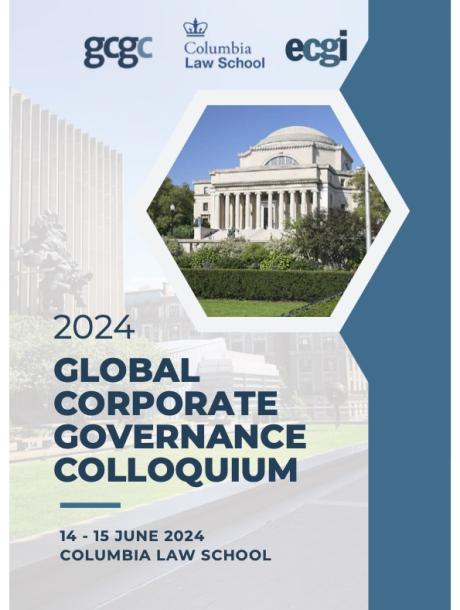
2024 Conference Programme
View the conference programme and attending delegates for the 2024 Global Corporate Governance Colloquium.
GCGC Partners
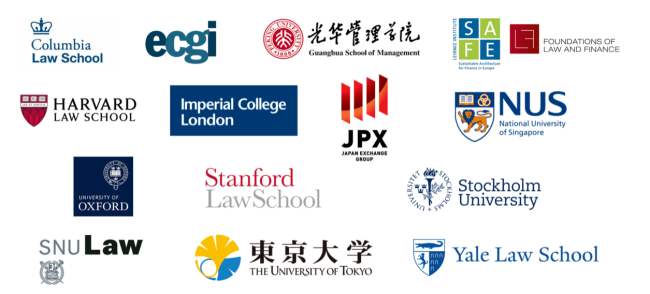
Organised by

Contact










































